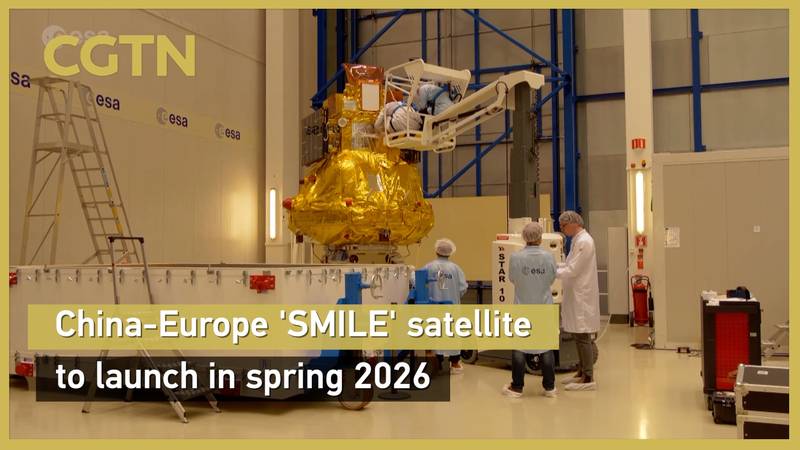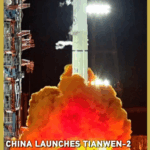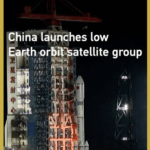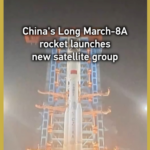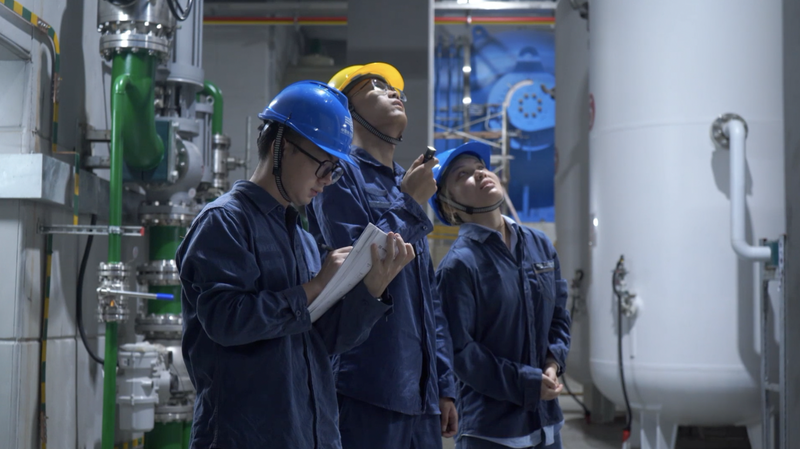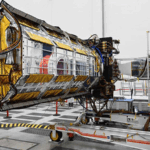The China-Europe SMILE (Solar wind Magnetosphere Ionosphere Link Explorer) satellite, a landmark collaboration between the Chinese Academy of Sciences and the European Space Agency (ESA), has cleared all development milestones and will launch aboard a Vega-C rocket from French Guiana in spring 2026. Announced by ESA Chief Scientist Carole Mundell, the mission will investigate how solar winds interact with Earth’s protective magnetic shield during peak solar activity.
A Milestone in Cross-Continental Collaboration
Mundell praised the “strong partnership” between Chinese and European scientists, emphasizing the project’s role in advancing space research. The satellite, currently in storage awaiting its launch window, will capture unprecedented data on space weather phenomena that can disrupt satellites and terrestrial power grids.
Unlocking Solar Mysteries
Timed with the 2025-2026 solar maximum—a period of intense solar storms—SMILE’s findings could revolutionize understanding of solar-terrestrial interactions. The mission aligns with growing global interest in space weather forecasting, particularly for safeguarding critical infrastructure.
This joint effort underscores Asia’s expanding role in cutting-edge scientific research and international cooperation, offering insights valuable to climate scientists, tech industries, and policymakers alike.
Reference(s):
cgtn.com
